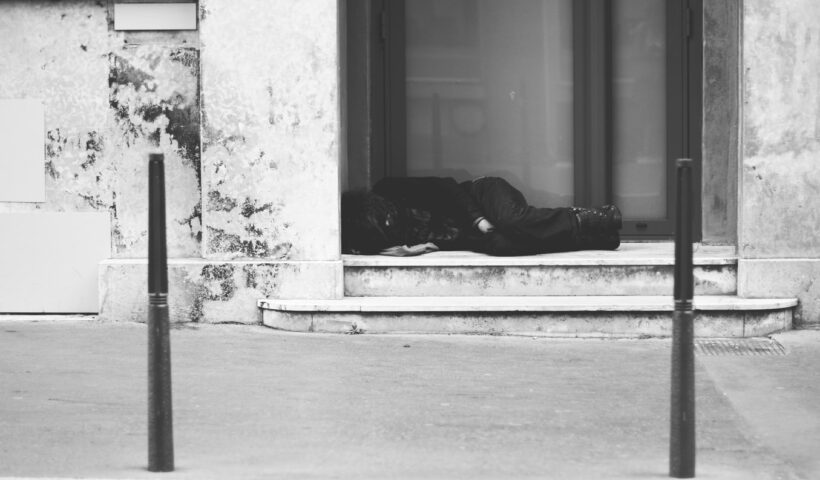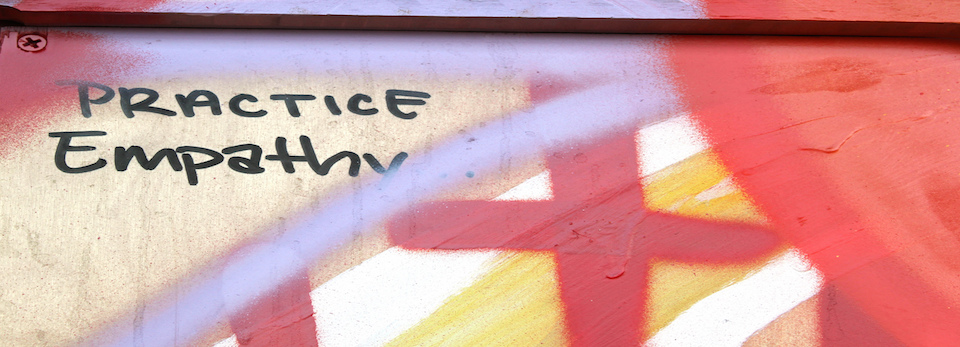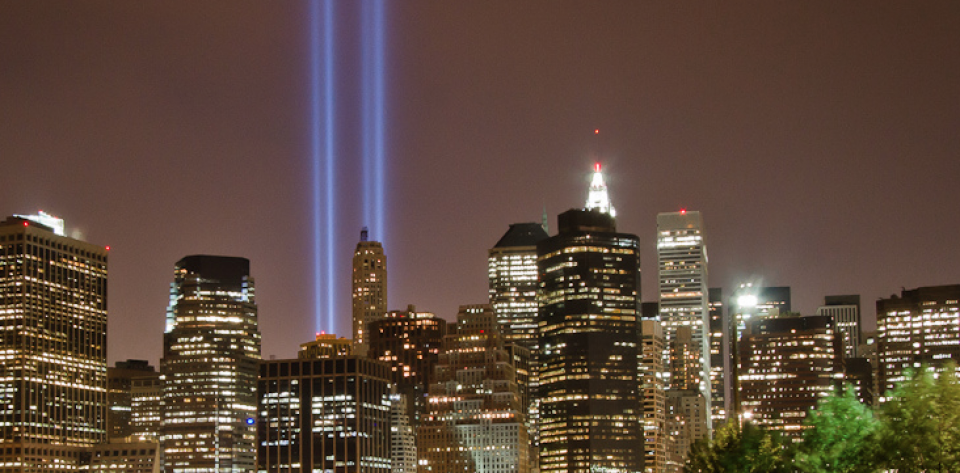Contrary to claims that autofiction rejects the goal of generating empathy, I will posit that Cusk’s works instead aim to produce what James Dawes calls “literary empathy.” Literary empathy, Dawes writes, does not necessarily advance human rights or overtly political goals, and “does not point past the reader,” but instead “points to the reader,” allowing readers to question their own capacity to empathise (431).
View More “Being understood creates the fear that you will never be understood again”: Literary Empathy in Rachel Cusk’s Outline TrilogyTag: empathy
Imagining Homelessness: Ethnofiction in Marc Augé’s No Fixed Abode and Mahsuda Snaith’s How To Find Home
What place does literary fiction have in addressing homelessness? French anthropologist Marc Augé and British-Bangladeshi writer Mahsuda Snaith prompt this question through their respective texts No Fixed Abode (2011) and How to Find Home (2019). Augé’s novellais about a retired tax inspector called Henri Cariou who sleeps in his car on the streets of Paris. With some savings and intent on maintaining hygiene and respectability, Henri calls himself a “top-of-the-range”, “clean-cut” homeless person initially (Augé 14, 34), but is a “living corpse, waking mummy” (54) before long.
View More Imagining Homelessness: Ethnofiction in Marc Augé’s No Fixed Abode and Mahsuda Snaith’s How To Find HomeDrones and Dissociation
In January 2013 the novelist Teju Cole released a series of tweets introduced as “Seven Short Stories about Drones.” Each rewrites the opening of a classic novel, cutting off the narrative with a drone strike. For example, the third in the series rains “fire from heaven” …
View More Drones and DissociationEmpathy After 9/11
In his book, Empathy and Moral Development, the psychologist Martin Hoffman defines empathic response as ‘the involvement of…
View More Empathy After 9/11



